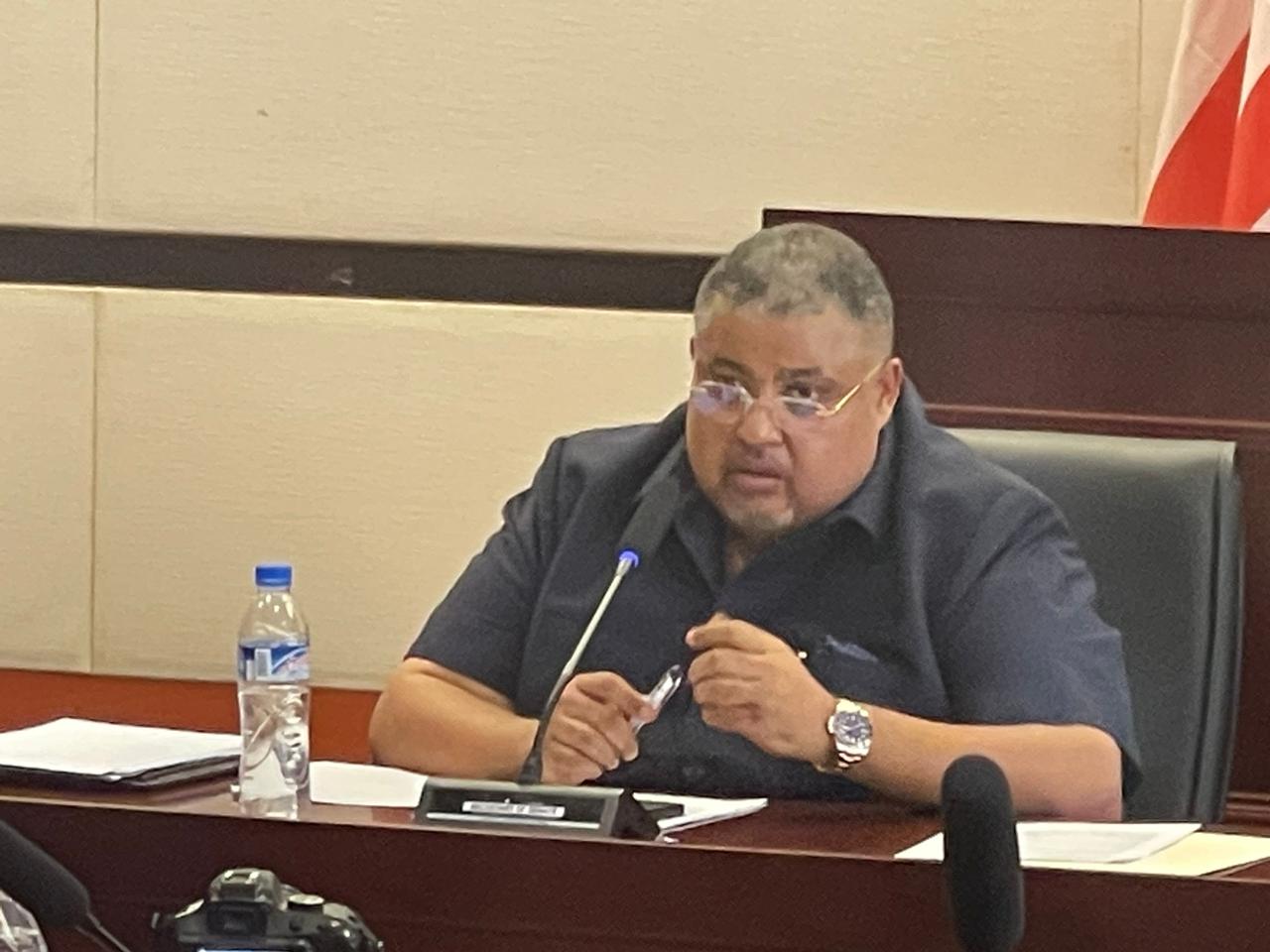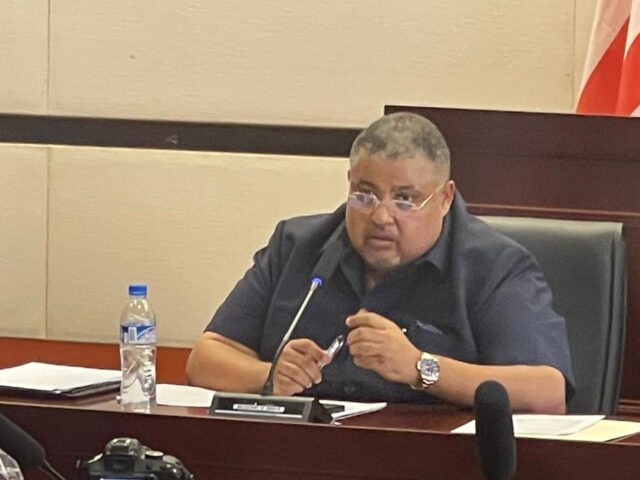
MONROVIA – Mr. Amin Modad, Commerce Minister -designate has vowed to institute a comprehensive system of pricing of major commodities on a regular basis to prevent undue profiteering at the detriment of the Liberians.
By Obediah Johnson
Mr. Modad is the chairman emeritus of the governing Unity Party (UP).
According to him, global trade intelligence system would be used to discourage huge profiteering for the benefit of only local and foreign importers of goods into the country when confirmed by the Senate.
He said the system will ensure that these commodities are not sold at exorbitant prices which will discourage additional hardship on the already impoverished masses.
Mr. Modad made these comments when he appeared for confirmation before the Senate Committee on Commerce, Industry and Fisheries headed by Senator Alex Tyler of Bomi County.
He stressed that though the cost of various commodities may vary on the Liberian market due to geographic locations and others, no business owner will arbitrarily increase the prices of goods above the stipulated prices that would be issued by the ministry under his leadership.
He vowed to ensure that goods coming into Liberia meet international standards for the benefit of Liberian consumers.
“I understand that there will be some high costs at times to compensate businesses and infrastructure or other deficits. But this doesn’t mean that it (price hiking) should be to the detriment of the people. Price hiking is totally unacceptable,” he said.
“Essential commodity like cement or building materials, rice and petroleum, we are going to be analyzing those cost that we expect merchants to add to compensate for that.”
He stressed that this would be done in keeping with the current economic status of Liberia.
He said the improvement of seaports in the leeward areas will help address the high cost of doing business in the country.
“Key on my agenda is to resuscitate and enhance standards and ensure that commodities coming from companies into Liberia meet the quality that is required.”
He said any business, large or small, foreign or indigenous, trade barriers imply additional costs, restrict operations, and limited growth potentials.
He observed that despite abundant resources, Liberia continues to rely predominantly on commodity production and exports, with limited value addition and weak linkages to other sectors of the domestic economy where Liberian Small & Medium Enterprises and Industries, and smallholders thrive.
“Liberia remains a net importer, heavily dependent on the importation of almost all our consumables.”
Mr. Modad maintained that though the country is party to several accords, including the African Continental Free Trade Area (AfCFTA) Agreement, its markets are flooded with products from its neighbors, while it is unable to harness reciprocal opportunities because of the lack of industries producing export quality in demand products.
“I strongly believe that sustainable growth and wealth creation will have to center around how Liberia exploits and trades its natural resources. It also not about just exporting logs, cocoa, or palm oil; most developing countries (many in Africa) that attempted to migrate to entirely an export-led economy have experienced setbacks due to the limitations of over-dependence on narrow sets of exports and markets and neglect of their domestic needs.”
Mr. Modad indicated that the risks of such a limiting strategy have been evidentially profound in recent decades during successive global crises; exposure to financial vulnerability and external shocks were more evident during the Global Financial Crisis, EBOLA, and COVID-19.
“Looking at our comparative advantages and global trends, under our leadership, we will innovatively develop a Trade Development Model focused on building a self-sufficient and self-sustainable domestic private sector through value addition. As such, we will strive (in collaboration with other trade related agencies of government, Ministries of Agriculture and Mines & Energy, the FDA, etc) to build value added industries that will substitute the importation of our necessities (foods, woodwork/furniture, building materials,) while we explore sustainable complementary export markets regionally.”
He further vowed to develop the institutional capacity of the Ministry of Commerce & Industry to fulfill its constitutional mandate of creating an enabling environment for sustainable and equitable economic growth and commission a thorough assessment of the commercial environment to identify domestic and global trends, understand the pricing structures of commodities on the market, amongst others.
He stressed that a comprehensive program that ensures that trade is effectively mainstreamed in the National Development Strategy as well as Development Partners Programs will also be developed and implemented.
Mr. Modad added that a Domestic Economic Empowerment Program (DEEP) will also be developed and centered on developing the productive capacities of the Liberian private sector including MSME to lead the economic development agenda with priority being placed on food security and value added industries around the nation comparative advantages and resources.
“We will collaborate with development partners and financial institutions to develop specialized financing programs dedicated to empowering our women and youths who are the bedrocks of our rural economy and the future of the country.”
He continued: “Within the first 60 days, we will commence a free business registration exercise to not only formalize and give identity to Liberian businesses operating informally, but to guide and position them to harness relevant opportunities.”




